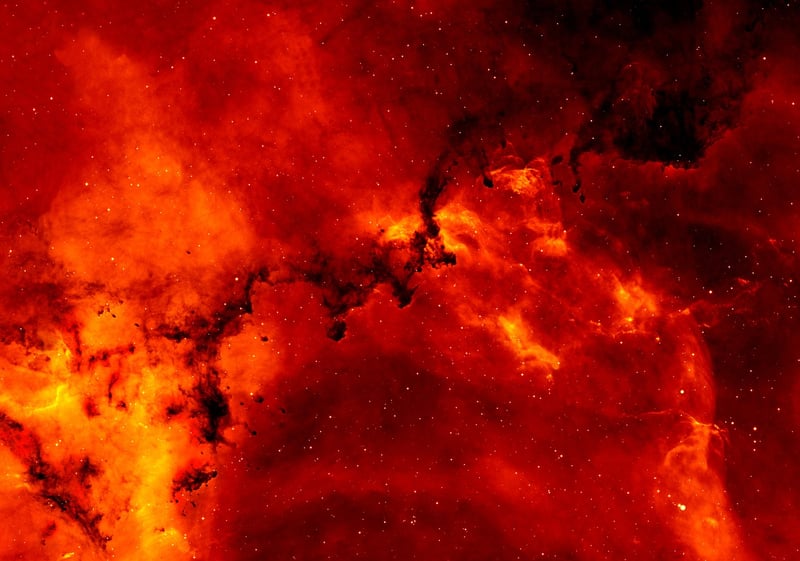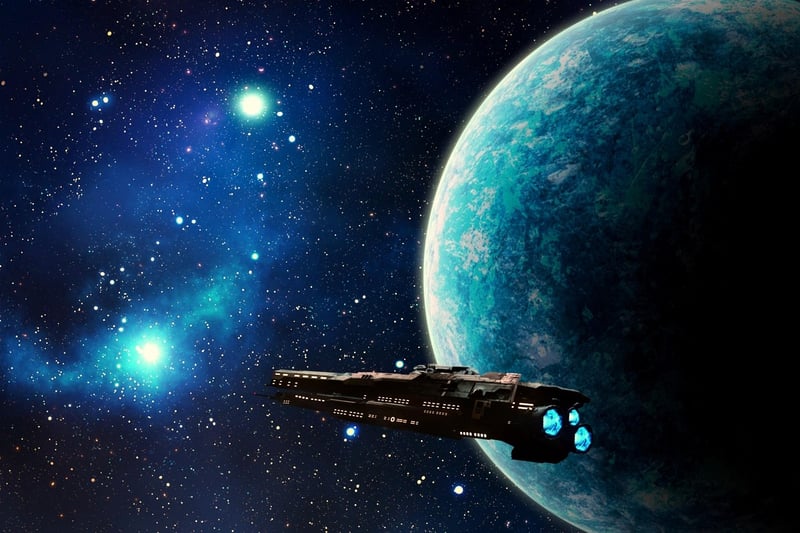Space Colonization
Exploring the Universe Beyond Earth
Human curiosity has always pushed the boundaries of exploration, and one of the most intriguing frontiers is the universe beyond our own planet. From distant galaxies to exoplanets and black holes, the cosmos offers a vast playground for discovery and wonder.
The Wonders of Space Exploration
Space exploration has revealed stunning images of nebulae, star clusters, and planets within our own solar system. Technologies like the Hubble Space Telescope have allowed us to peer into the depths of space, capturing breathtaking views that inspire awe and fuel scientific inquiry.
Searching for Extraterrestrial Life
One of the most compelling questions in space exploration is the search for extraterrestrial life. Scientists study the conditions on other planets and moons to determine if life could exist beyond Earth. The discovery of microbial life on Mars or subsurface oceans on moons like Europa could revolutionize our understanding of life in the universe.
Space Colonization: Humanity's Next Frontier
As we continue to explore space, the concept of space colonization becomes increasingly realistic. Establishing human colonies on other planets or building space habitats could ensure the survival of our species and open up new opportunities for scientific research and resource exploration.
Benefits of Space Colonization
- Planetary Resilience: Colonizing other planets offers a backup plan in case of catastrophic events on Earth.
- Scientific Advancements: Living in space environments could lead to breakthroughs in medicine, technology, and sustainability.
- Resource Expansion: Mining asteroids and other celestial bodies could provide valuable resources for Earth and space industries.
Challenges of Space Colonization
- Harsh Environments: Space is a hostile environment with high radiation levels and low gravity, posing challenges to human health.
- Technological Hurdles: Developing the necessary technology for long-term space habitation and resource utilization is complex and costly.
- Ethical Considerations: Ensuring the sustainability and ethical treatment of potential extraterrestrial life forms is a critical concern.
Space colonization represents a bold vision for the future of humanity, with the potential to transform our civilization and expand our horizons beyond Earth. As we continue to explore and innovate, the universe beckons with endless possibilities waiting to be discovered.

For more information on space exploration and colonization, visit NASA's official website.
